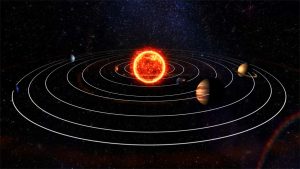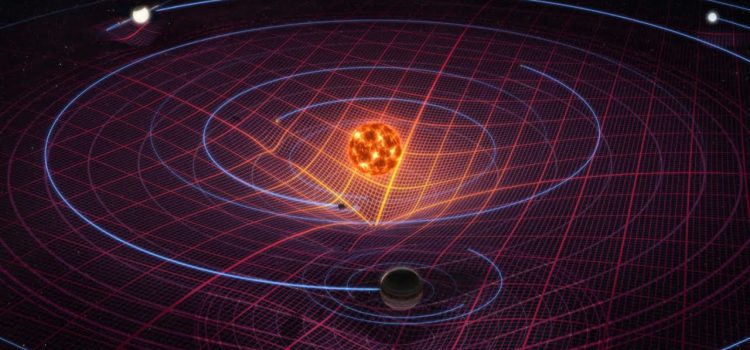
Gravitational physics delves into the study of gravity, one of the fundamental forces governing the universe. It encompasses various phenomena, with black holes being among the most intriguing.
Understanding Black Holes
What are Black Holes?
Black holes are regions in spacetime where gravity is so intense that nothing, not even light, can escape its pull. They are formed from the remnants of massive stars that have undergone gravitational collapse.
Formation of Black Holes
When a massive star exhausts its nuclear fuel, it undergoes a supernova explosion. If the core remaining after the explosion is sufficiently massive, it collapses under its own gravity, forming a black hole.
Gravity’s Role in Black Hole Formation
Gravitational Collapse
Gravitational collapse occurs when the inward pull of gravity overwhelms the outward pressure generated by nuclear fusion in a star’s core, leading to the collapse of the core into a singularity.
Singularity
At the center of a black hole lies a singularity, where matter is infinitely dense and spacetime curvature becomes infinite. It is a point of zero volume and infinite density, where the laws of physics as we understand them break down.
Properties of Black Holes

Event Horizon
The event horizon is the boundary surrounding a black hole beyond which nothing can escape. Once an object crosses the event horizon, it is inexorably drawn towards the singularity at the center.
Spacetime Curvature
Black holes warp spacetime to an extreme degree, causing space to curve in on itself. This curvature is a consequence of the immense gravitational field generated by the black hole.
Observational Techniques
Gravitational Waves
Gravitational waves, ripples in spacetime caused by accelerating masses, provide a unique tool for observing black holes. The detection of gravitational waves from black hole mergers has opened up a new era of gravitational astronomy.
Black Hole Imaging
Advancements in technology have enabled astronomers to capture images of black holes, such as the groundbreaking image of the supermassive black hole at the center of the M87 galaxy captured by the Event Horizon Telescope.
Theories and Discoveries
Hawking Radiation
Stephen Hawking proposed that black holes emit radiation, now known as Hawking radiation, due to quantum effects near the event horizon. This phenomenon has profound implications for our understanding of black hole thermodynamics.
Information Paradox
The information paradox arises from the conflict between the principles of quantum mechanics and general relativity regarding the fate of information that falls into a black hole. Resolving this paradox is a major challenge in theoretical physics.
Cosmology

Black holes play a crucial role in shaping the universe’s large-scale structure and evolution. Studying black holes provides insights into cosmological phenomena such as galaxy formation and the expansion of the universe.
Quantum Gravity
Black holes serve as natural laboratories for testing the interplay between gravity and quantum mechanics. Understanding the behavior of black holes at the quantum level is essential for developing a unified theory of quantum gravity.
Conclusion
Gravitational physics and the study of black holes offer a fascinating glimpse into the nature of spacetime and the fundamental forces governing the cosmos. From their enigmatic properties to their profound implications for theoretical physics, black holes continue to captivate the imagination of scientists and the public alike.
FAQs
What happens if you fall into a black hole?
Falling into a black hole would be a one-way journey. As you approach the event horizon, the gravitational forces would stretch you apart in a process known as spaghettification, ultimately leading to your inevitable demise at the singularity.
Can black holes die?
While black holes themselves do not die, they can lose mass over time through the process of Hawking radiation. This radiation causes black holes to slowly evaporate, eventually leading to their disappearance.
Are there different types of black holes?
Yes, black holes come in various sizes and types. The most common are stellar-mass black holes, formed from the collapse of massive stars. Supermassive black holes reside at the centers of galaxies and can have masses millions to billions of times that of the Sun.
Can anything escape a black hole?
Once something crosses the event horizon of a black hole, it cannot escape. The gravitational pull is so strong that not even light can break free from its grasp.
What is the significance of black hole research?
Studying black holes not only deepens our understanding of fundamental physics but also has practical applications in fields such as astrophysics, cosmology, and even technology development.










